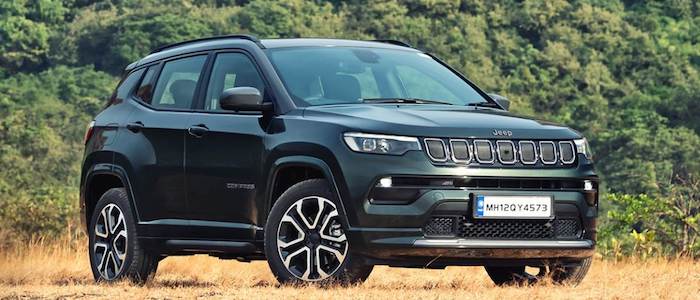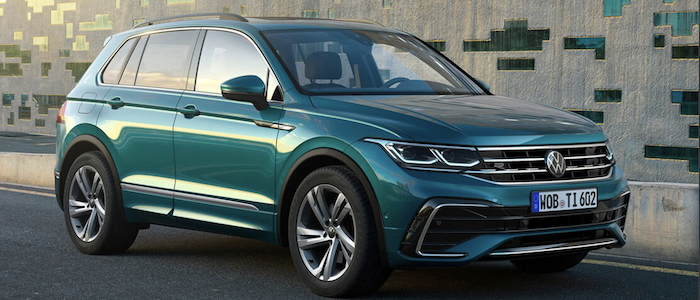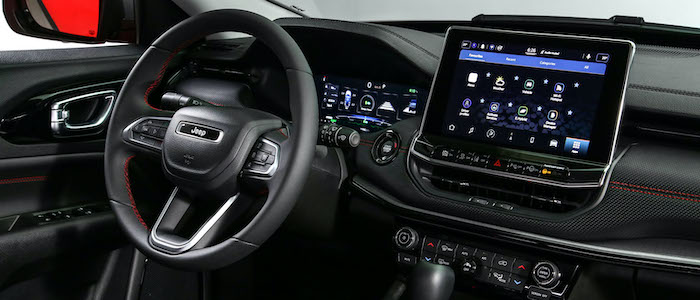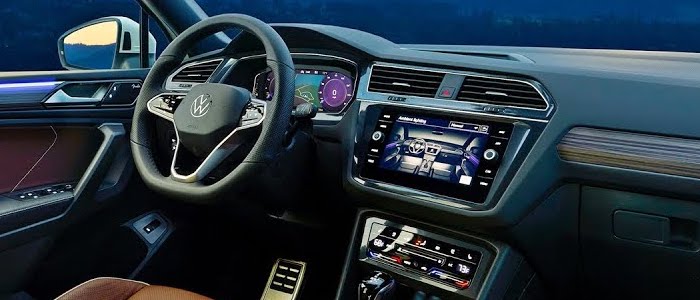Compare two cars
Compare any two cars and get our Virtual Adviser™ opinion
Dimensons & Outlines
Check vehicle history
Engine
1.3 GSE T4 4xe PHEV HP
Performance (manual gearbox)
Performance (automatic gearbox)
Expenses
Virtual Adviser's™ opinion
Two significantly similar cars, no doubt about that. Still, each one has something different to offer. Having both cars powered by hybrid engines and utilizing the 5-door suv body style within the same 'SUV' segment, the only major difference here really is their wheel drive configuration (4 x 4 for the Jeep and front in the case of the Volkswagen). The first one has a FIAT-engineered powertrain under the hood, a 4-cylinder, 16-valves 240hp unit, while the other one gets its power and torque from a 4-cylinder, 16-valves 245hp engine designed by Volkswagen.
SafetyA starting point here would be to take a look at the results from European New Car Assessment Programme (Euro NCAP) tests which were performed on both of the cars, with the same number of safety stars gained in the process. Moving further on, let's take a closer look at some additional safety-related facts. Both vehicles belong to the suv segment, which is generally a very good thing safety-wise, but that fact doesn't break the tie between the two cars. Furthermore, if we'd like to consider vehicle mass in this context too, which we definitely should, the American car offers a marginal difference of 3% more metal.
ReliabilityI don't like generalizing things when it comes to reliability, although it does seem that Volkswagen does have a slight advantage, at least on all of the models level. These are the official statistics, while our visitors describe reliability of Jeep with an average rating of 4.0, and models under the Volkswagen badge with 4.2 out of 5. Some independent research have also placed Compass as average reliability-wise, and Tiguan is more or less at the same level.We should definitely mention that owners of cars with the same powertrain as the American car rank it on average as 5.0 out of 5, exactly the same as the other one.
Performance & Fuel economyJeep is a bit more agile, reaching 100km/h in 0.2 seconds less than its competitor. Still, it lacks the power to win the top speed competition, topping at 200 kilometers per hour, 5km/h less than the other car. When it comes to fuel economy the winner has to be the German car, averaging around 1.5 liters of fuel per 100 kilometers (188 mpg), in combined cycle. We can't ignore that 40% difference compared to the American car.
Verdict
Volkswagen appears just a bit more reliable, although the difference is truly marginal. The most important thing when deciding between any two vehicles should always be safety, both passive and active. In my opinion, everything taken into account, the American car offers slightly better overall protection and takes the lead. When it comes to performance, both vehicles provide similar experience, so I wouldn't point any of them out. the German car , on the other hand, consumps significantly less fuel, and that's a big plus. It's not difficult to say then that if I'd need to make a choice, it would definitely be the Volkswagen. Nevertheless, let's not forget that people have different preferences and needs, so what really counts is your personal feel. I'm only here to help. I suggest you spend two more minutes in order to find out which car, based on your needs and budget, would be picked by the virtual adviser™, among thousands of similar, yet so different vehicles.

































